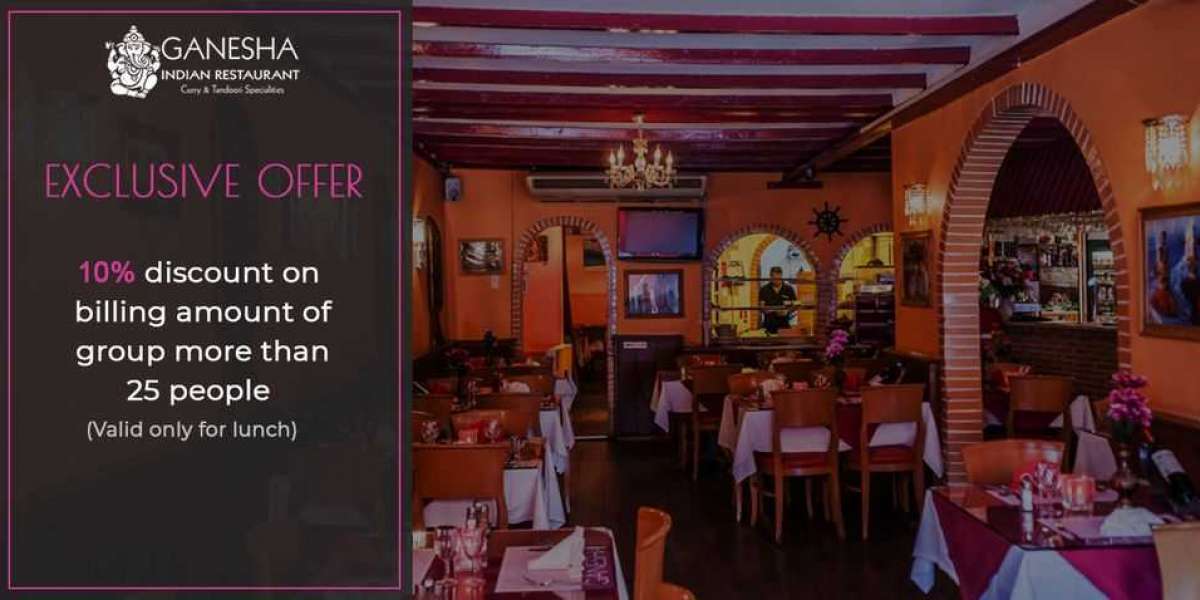Whether you visit an Indian food restaurant in Amsterdam or anywhere around the world, people have developed unique table manners and dining etiquette traditions. Just like any other thing, it is incredibly important to respect and follow all these dining etiquettes when you are traveling abroad. Dining abroad can sometimes make you feel uneasy, and that's quite okay because not everyone is familiar with the rules and etiquette the country follows and everything. Today, we have compiled a list of food etiquette rules that different countries follow. So, whether you are eating Indian food or anything else, these are the things you must know.
Always Leave Your Food On Your Plate In China
We're taught in the United States and many other Western countries that leaving food on your plate is impolite since it implies you didn't enjoy your dinner. That is not the case in China. When dining at someone's home in China, finishing your plate implies that the food wasn't filling enough and that your host was skimping on the amount size. Always leave a small amount of food to demonstrate to the host that their supper was filling and satisfying.
Slurp Your Noodles In Japan
Since the times we were kids, we were taught not to eat louder and especially not to make any sound while eating noodles. However, in Japan, that sound is not annoying and is a sign that you are enjoying your meal. Moreover, it is a signal of respect, and slurping allows you to improve the flavor of noodles and makes you enjoy the hot food quickly so. If you are in Japan, then you do need to delicately twirl your noodles or cut them into fragrance because you can just slurp them away.
Always Eat With Your Right Hand in India
Whether you have Indian cuisine in Amsterdam or in India, always remember to eat your food from the right hand. Always eat with your right hand in India, as well as the Middle East and portions of Africa, as the left hand is considered unclean. Also, instead of putting your fingers in your mouth, use your thumb to push the food in. In addition to that, in India, saying thankyou is only reserved solely for formal occasions. In casual settings, thanking someone implies they have gone out of the way for you. Also, passing the dishes and receiving a meal from your host family is simply a part of a close relationship, not an extraordinary act.
Never Salt Your Food In Egypt
It's normal practice to reach for the salt and pepper to season your food. We think nothing of adding a dash of salt here and there, and we surely don't mean any offense. It's a very different story in Egypt. Salting your meal is considered a tremendous insult in Egypt, which makes perfect sense when you think about it. The chef prepares your cuisine to taste in a certain manner. When you add your own spices, the flavor changes dramatically, signaling that the dish as given was inadequate. If salt and pepper shakers aren't already on your table at a restaurant, don't ask for them.
Eldest Person Takes The First Bite of Food In South Korea
It is considered impolite in the United States to begin eating before everyone has been served their food. This can be excruciating if one person's dinner takes an eternity while our dish stares at us, all hot and delicious. South Koreans take it a step further. No one is allowed to take a mouthful until the eldest person has begun eating, which is regarded as a gesture of tremendous respect. It's also courteous to wait for the oldest person to take their seat before taking your own. Yeah, the oldest person in the room has a lot riding on them, so you better hope they're hungry.
Don't Cheers Drink In Hungary
In a typical bar atmosphere, if you are the one who does not clink your glass with your pals, you stick out. In Hungary, avoiding the "cheers" could save you from being reprimanded. In Hungary, not clinking glasses date back to 1848, when the Austrian authority quashed a Hungarian rebellion. Austrian leaders slaughtered Hungarian insurgents before publicly clinking their glasses together. Although some claim that the "no clinking" custom was only supposed to last 150 years (and so terminated in 2000), it is currently practiced by many in Hungary.
CONCLUSION:
In conclusion, we can say these are the different food etiquette that you must be aware of. Even if you are specific about some cuisine, there's no harm in knowing how different countries eat and what their dining rules are. After all, one day can come when you are traveling to different places and there comes a time when you have to sit and dine in a specific way, that time these rules might help you a lot.








